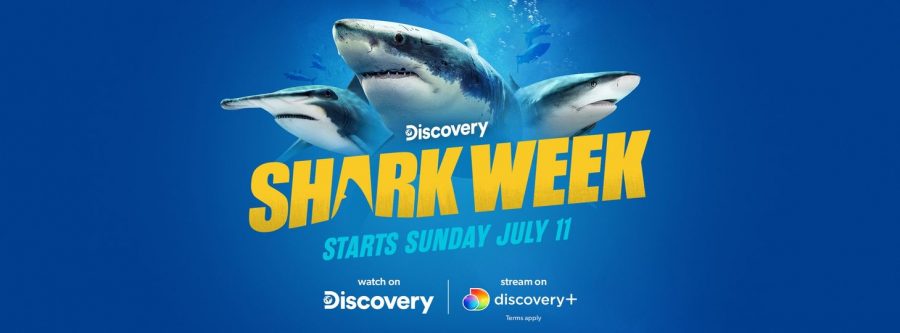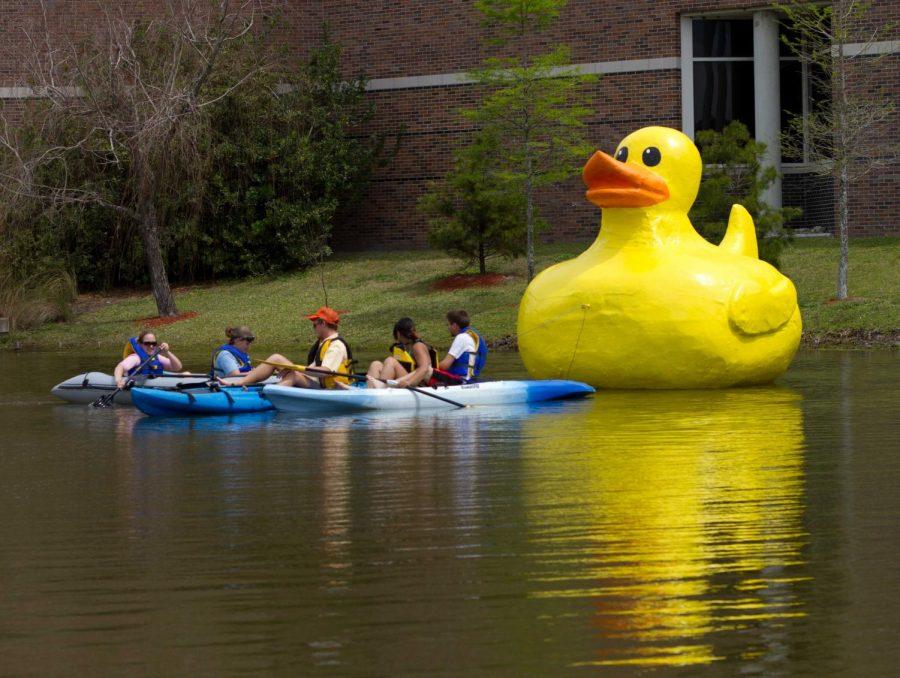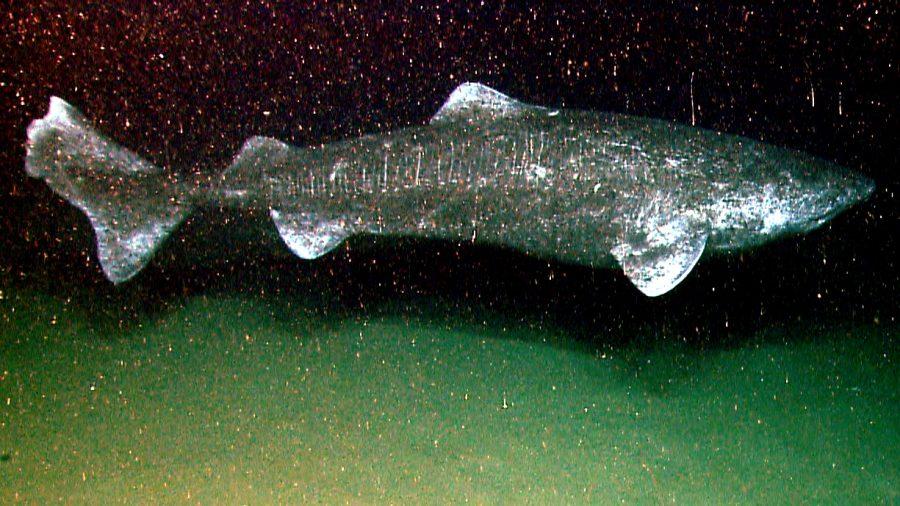Shark Week is an iconic part of American television culture. Shark Week has been going strong on Discovery for over thirty years. However, in recent years, Shark Week has received a lot of backlash from the scientific community.
UNF Professor and head of the Shark Biology Program Jim Gelsleichter sat down with Spinnaker and gave his brief thoughts on the history and reputation of Shark Week.
He explained how when Shark Week first aired, the Discovery Channel was much more reputable in the scientific community.
“It focused more on science-based storytelling at the time,” Gelsheichter said.
Gelsleichter explained how with the turn of the century, Discovery shifted to focusing primarily on entertainment rather than education. This led to the increase in celebrity involvement, and the explosion of mockumentaries Discovery is still known for to this day.
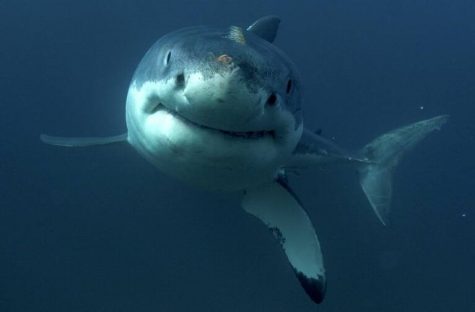
Gelsleichter maintained his discomfort with the decision to focus primarily on well-known species, like the iconic Great White Shark, while sidelining other species.
“There’s a much lower emphasis on species with a greater conservation value,” Gelsleichter said.
Despite these clear shortcomings of the Shark Week programming, Gelsleichter couldn’t deny the positive impact of Shark Week, which includes inspiring children to want to study sharks and simply drawing overall public attention to them.
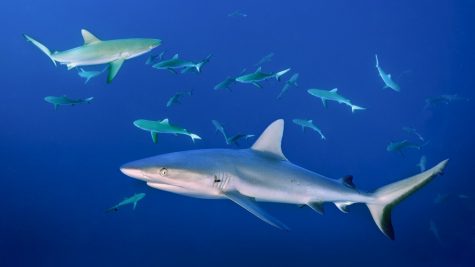
Spinnaker also interviewed Dr. David Shiffman, a frequent critic of Discovery’s decisions to prioritize fiction over fact. He further emphasized the degradation of the educational content of Shark Week and the rise of mockumentaries promoted as fact in the early 2000s. He was particularly dissatisfied with their usage of repeated actors pretending to be scientists and government officials, spewing information that was just false.
“They promoted just anti-science nonsense,” Shiffman said.
Shiffman explained how it all came to a head with the infamous “documentary” that implied the Megalodon Shark still existed, which was entirely false. There was broad pushback on Discovery for this, and they began to improve their Shark Week programming, but it’s still not perfect.
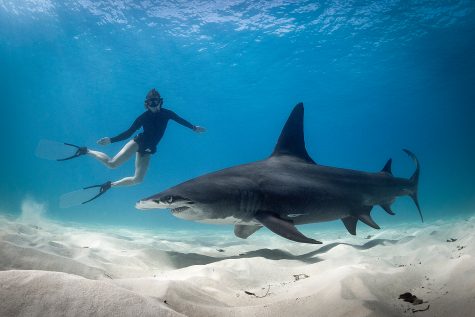
Credit: Getty Images
Shiffman still has many issues with the portrayal of Shark Week. Shark Week still largely relies on celebrities and questionable methods with their programming. Shiffman brought particular attention to the fact that researchers require government permits to work with sharks, while filmmakers do not. This has led to a lot of unnecessary risks and stunts performed by filmmakers who aren’t qualified, and these often result in shark harassment.
“It should be correct, and it should be enough that you can actually learn something useful,” Shiffman stated.
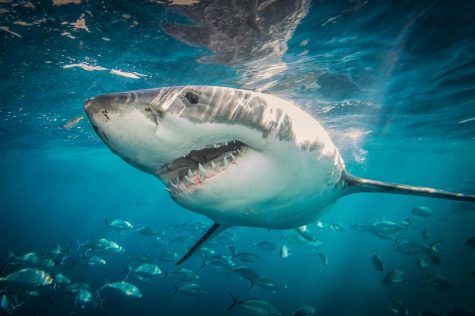
He thinks that with its millions of viewers, Shark Week could be incredibly helpful for shark conservation, but as of right now, it is a very unfortunate missed opportunity.
This year, Shark Week begins on July 11, and time will tell what kind of shark programming they will put on.
_____
For more information or news tips, or if you see an error in this story or have any compliments or concerns, contact editor@unfspinnaker.com.




